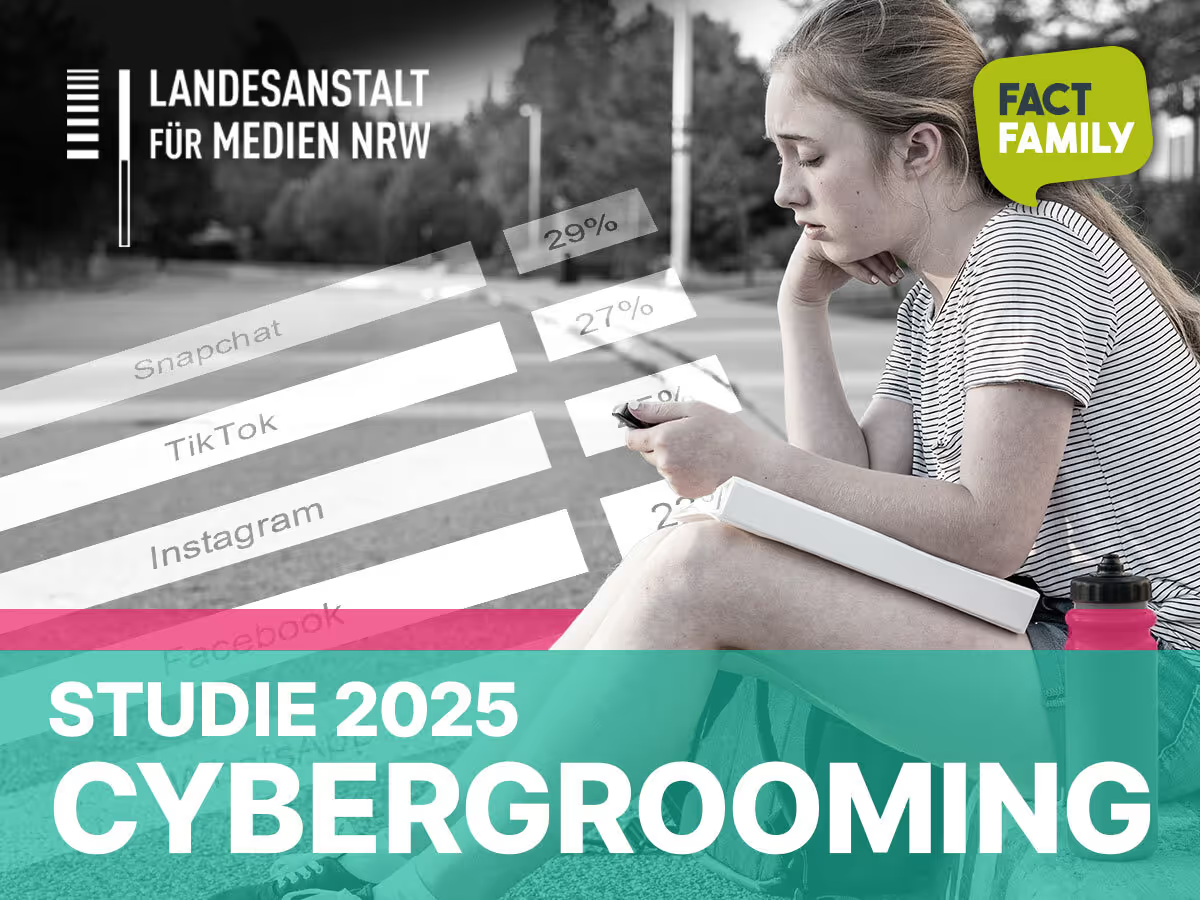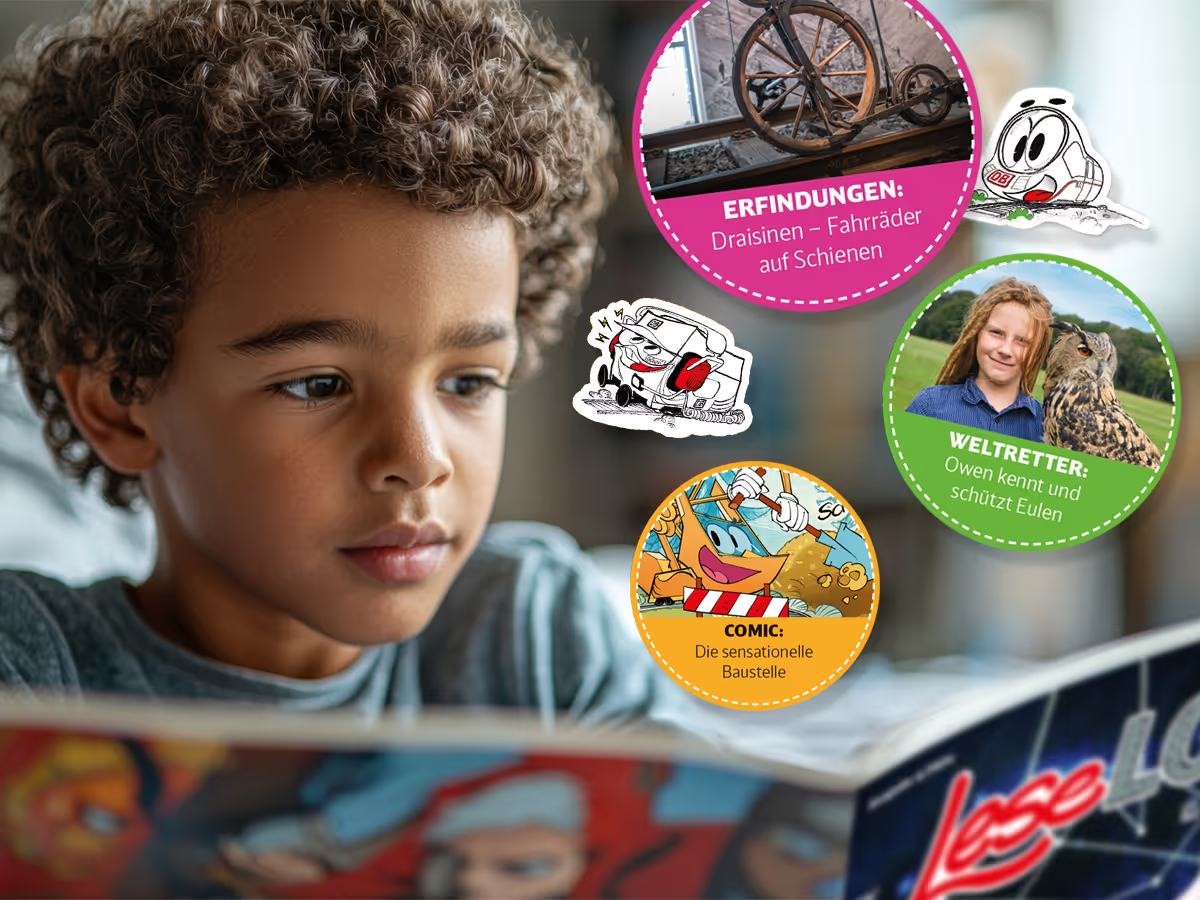Specially adapted study design
In our second wave of surveys in cooperation with the NRW State Media Agency, we interviewed a representative sample of 3,000 children and adolescents aged 11 to 17 years. The similarly structured online questionnaire as in the previous year enabled valid annual comparisons. The questionnaire was carefully adapted to the target group in order to meet ethical standards and obtain authentic answers.
This methodology provides a comprehensive overview of the digital lives of young people and how they deal with such content. Parental consent was also essential for this study, as FACT family addresses children and adolescents directly to generate unfiltered and honest answers.
Investigation as a basis for prevention
The findings from this study are a clear call to action. Our cooperation with the Landesanstalt für Medien NRW provides well-founded data that serves as a basis for the development of effective prevention measures. In view of the increasing complexity of the digital world, schools, politicians, platform operators and parents must work together to provide young people with the protection and education they need. Secure digital spaces are essential for children and young people to develop and develop healthily.
Creating safe digital spaces through prevention and education
Many young people are not aware of the potential criminal consequences of creating and disseminating intimate content. The study highlights the importance of education in order to create awareness of the social, emotional and legal consequences. The huge response to the study results in news media such as Tagesschau, FAZ, Süddeutsche Zeitung or ZDF helped to draw attention to the need for action.












